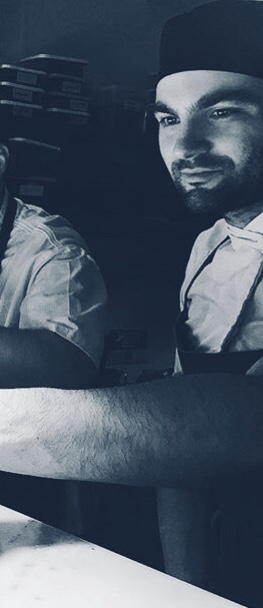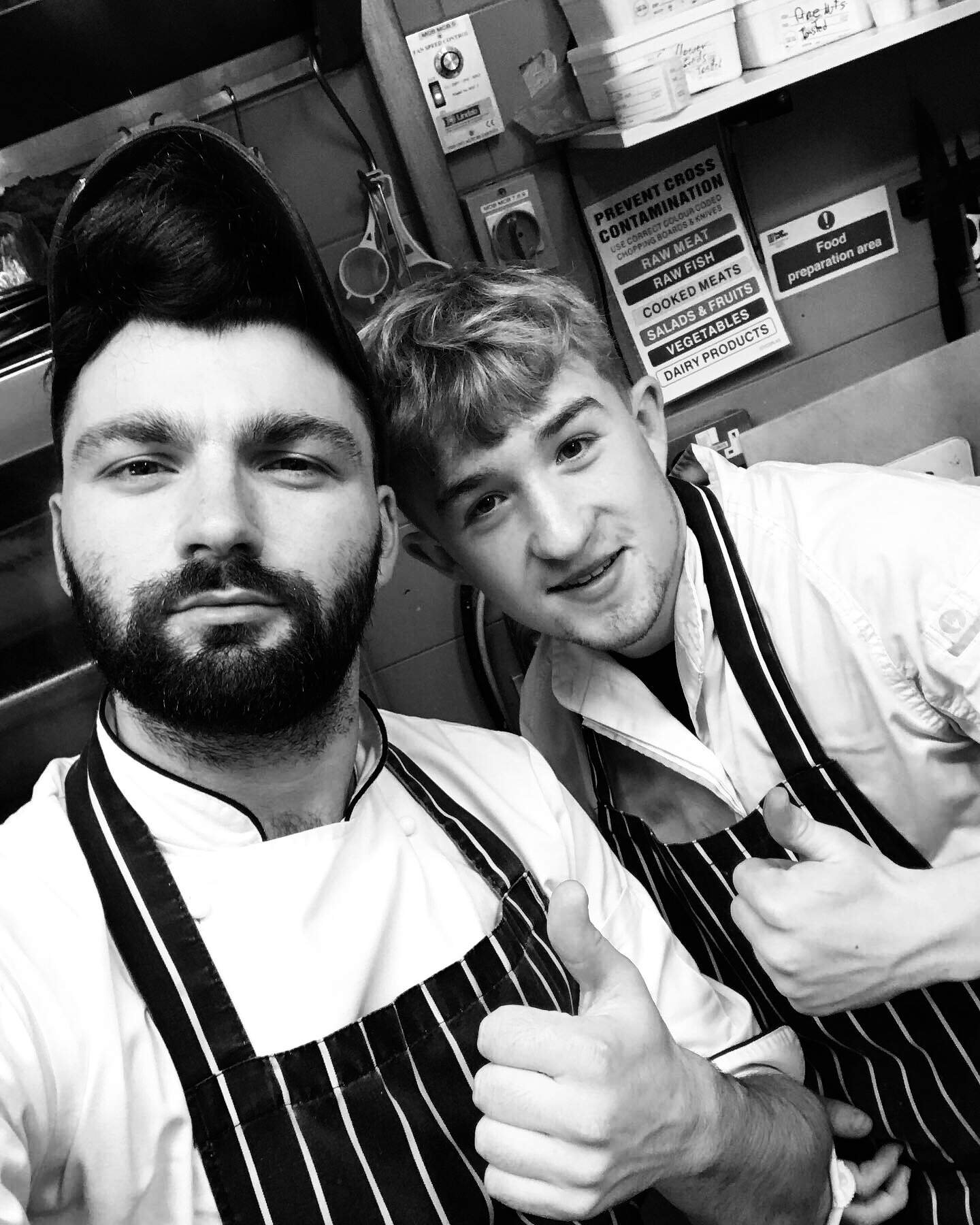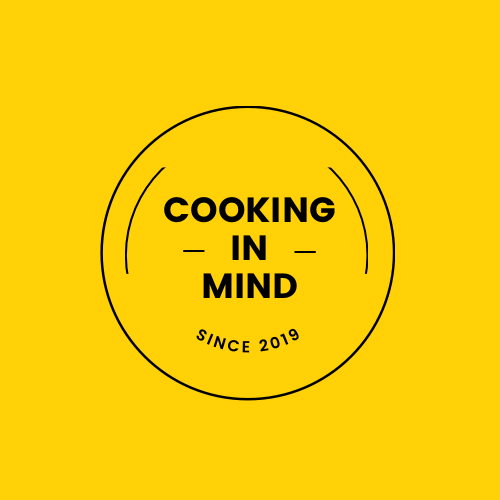Ballymoloe trained chef, superstar and head chef at Good For The Soul Cafe in Ballincollig, Cork, Ireland talks about where his passion of food came from and the love you need to be a chef.
Food is an expression; a lifestyle choice ever before we step foot into a professional kitchen. For me, my love affair with food began as a quiet teenager in a family of wonderfully outspoken individuals as I asked myself what I could bring to the mayhem of this equation. The obvious answer, it seemed, was cake and suddenly things got personal.
All those years later, and things have changed little. A tough day can still be made better by a good bake; every family occasion is marked by a signature dessert, but what’s more is that each day has found me at the head of the Good For The Soul kitchen as my relationship with food goes from strength to strength.
The reason I touch back on the beginnings of one of the most important relationships in my life, is to then pave the way for a focus on the fragility and vulnerability which comes with such a connection. It is a brave move to subject something so important to the professional kitchen environment: an environment of intense pressure driven by the cruel mistress of time, under the watchful gaze of a temperamental audience. There must really be only one reason why we would do it, and it is true; we do it for the love.
However, love too is a double-edged sword, and in cooking with your heart, you put your head on the line. Despite being a part of a fast-paced team, the overriding narrative can often be your own thoughts. Such thoughts can manifest themselves in various forms along the spectrum, from the inner-saboteur to the well-satisfied ego. Orders flood in, plates go out and demands of tomorrow have already begun encroaching on your mind, and suddenly the lines between the head and the heart become blurred as the pressure grows and the pot boils.
A superior gives you feedback, a colleague does not share your vision, a customer takes to their online podium of power, blissfully unaware that for each blow they deliver, the ripple effect will throw another ten, leaving a chef accountable to their seniors, their peers and most directly to themselves.

There are so many external sources of impact on the mind of a chef that put our mental health in jeopardy. It is therefore our responsibility to be aware of such factors and to create that on/off switch between the personal and professional. Whilst easier said than done, what we can do for ourselves is simple: remind yourself regularly why you cook; what dish you first cooked which gave you the confidence to say ‘yes I can’ and stay present. Let not one flawed dish set a precedent for the following hundred, rather reaffirm why and prove yourself in the comeback, as you continue to strive for excellence.
The next step is to turn outwards, look at those around you. Those with whom you share a kitchen and a common goal are quite likely experiencing similar thoughts and have different levels of ability to deal with them also. Be a support and be supported. Signs of stress or anxiety can often be clear so be prompt in your action. You should know the mood and what your kitchen can be; like a well-rehearsed song, that you know instantly if somebody is out of tune.

I maintain that food should be accessible and not a well kept secret. We are all connected by our love of food, and so should share that freely: talk. Talk, don’t tell. Share with each other your knowledge about food, your experiences, ideas, inspirations and realign your personal mission statement before it gets so entangled in a stifled, emotion-driven silence.
Chefs have been tarred with the ‘tired and cranky’ brush for far too long. We are allowed to be vulnerable and to feel the highs and the lows in equal measure. With every failed soufflé, comes a memory; with every memory comes an experience and with every experience comes an opportunity to grow. Do not retreat from these moments; rather cherish them as soon-to-be highlights in your own memory bank of learning.
Finally, from a diners’ perspective also food evokes memory. As chefs we owe it to the legion of great chefs before us to facilitate the creation of more special memories through the dishes which we present. It is an honour to be entrusted with this task. However, as humans, we owe it to ourselves to take care of one another, to know when the relationship is fraught and in need of repair, and to ensure we are able for the role before we reach the point of burnout.
Cook with the head and with the heart, but above all, cook smart.
John Barker.

